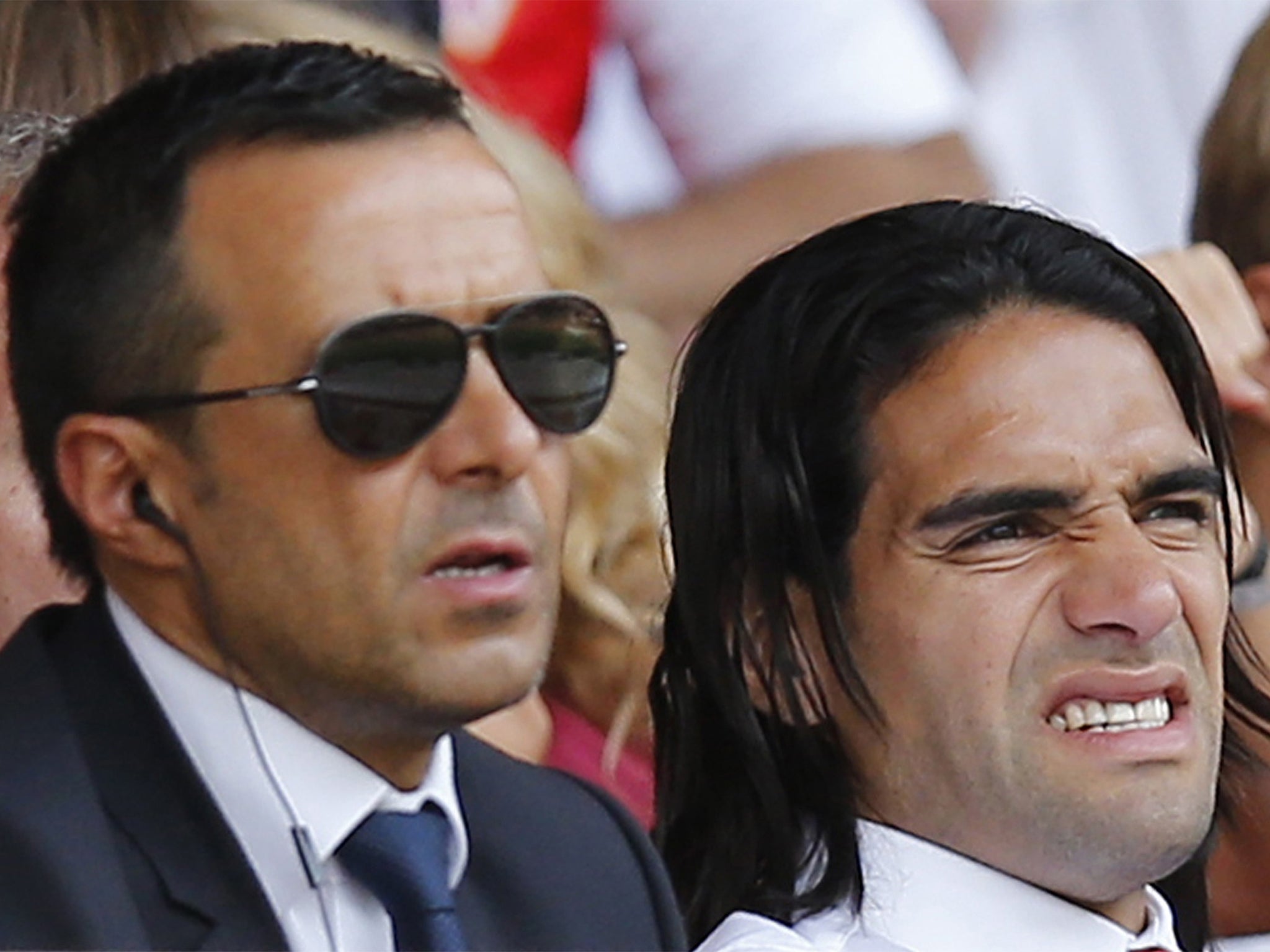Ian Herbert: Fans deserve to know where their £40 ticket fee is going
Comment

The lawyers don’t hold out much expectation that Premier League clubs will follow other nations and begin waiving their right not to disclose who is getting the cash – and how much – when a player is bought. The prevailing view in the legal establishment is that clubs will continue sitting tight on their information, insisting it is commercially sensitive.
Sadly, that means there is no end yet to that recurring PR battle which ensues when a player is signed. Manchester United said 10 days ago that Angel Di Maria had cost them £59.7m. Within 24 hours, as the Argentinian’s signing was being officially announced, the Spaniards were briefing like fury that there was a total of €9m (£7.2m) in add-ons to supplement that.
The claim and counter-claim underlined how acquiring a football player is not an ordinary kind of buying and selling. Clubs want their supporters to see how they are investing or earning because they know that clubs are their fans. But it is a varnished version of the deal which is being disclosed, in which supporters are not even currently entitled to know who is the recipient of the hard-earned £40 or £60 they are paying to pass through the turnstiles.
There is no secret about the identity of the winner in the Di Maria case. The Portuguese agent Jorge Mendes’ substantial earnings were part of a lucrative summer in which he negotiated the sale of five huge names. United’s Radamel Falcao, Real Madrid’s James Rodriguez, Manchester City’s Eliaquim Mangala and Chelsea’s Diego Costa were the others.
But the myriad of agents and third-party owners in the system prevent transparency over how much has really been paid for a player. The widely reported cost of Mangala was £32m but the actual figure was around £40m when Mangala’s third-party owner is factored in. The same third-party ownership complications surround Liverpool’s Lazar Markovic and United’s Marcos Rojo. The bitter row between Sporting Lisbon, Rojo’s previous club, and his third-party owner Doyen Sports is not yet over. If Doyen challenge Sporting’s decision to unilaterally end their third-party ownership of the player, the Portuguese side could technically still have a stake in him.
The Premier League has acknowledged the significance of agents and now publishes an annual league table of how much clubs pay to agents. But those individuals remain unnamed, preserving clubs from the embarrassment of the whole world knowing how much they must pay intermediaries to build their squads for them.
Fifa’s Transfer Matching System (TMS) general manager Mark Goddard is trying to coax clubs into the full disclosure the governing body wants. “Rather than forcing people to do it, we are trying to pull them in and explain that it’s best if they do it and its best for football overall,” he says. “There’s no way we can reach out and touch some entity in another country.”
TMS does have potential commercial self-interest in getting clubs to reveal fuller details of its transfer business. It sells that information and would have a very significant document on its hands if clubs spelled out details of deals. But the overriding argument is the supporters’ right to know how much money is being paid out. And to learn about the influential individuals making a big living out of their precious clubs.
Mind the pay gap - how Serie A lags behind
By James Stronach
Manchester United loan signing Radamal Falcao’s £280,000-a-week wage is a staggering 12 times more than Serie A star Paul Pogba. The Juventus midfielder earns just £23,000 a week, despite being one of the best young midfielders in Europe. The financial disparity between the Italian top tier and the Premier League has been highlighted by statistics released on Monday. Daniele De Rossi is Serie A’s highest-paid player, earning around £100,000 a week, but is still well below the elite Premier League players. When former England full-back Ashley Cole joined Fiorentina this summer he reportedly had to take a £160,000-a-week cut in his £200,000-a-week wages at Chelsea.
Join our commenting forum
Join thought-provoking conversations, follow other Independent readers and see their replies
Comments